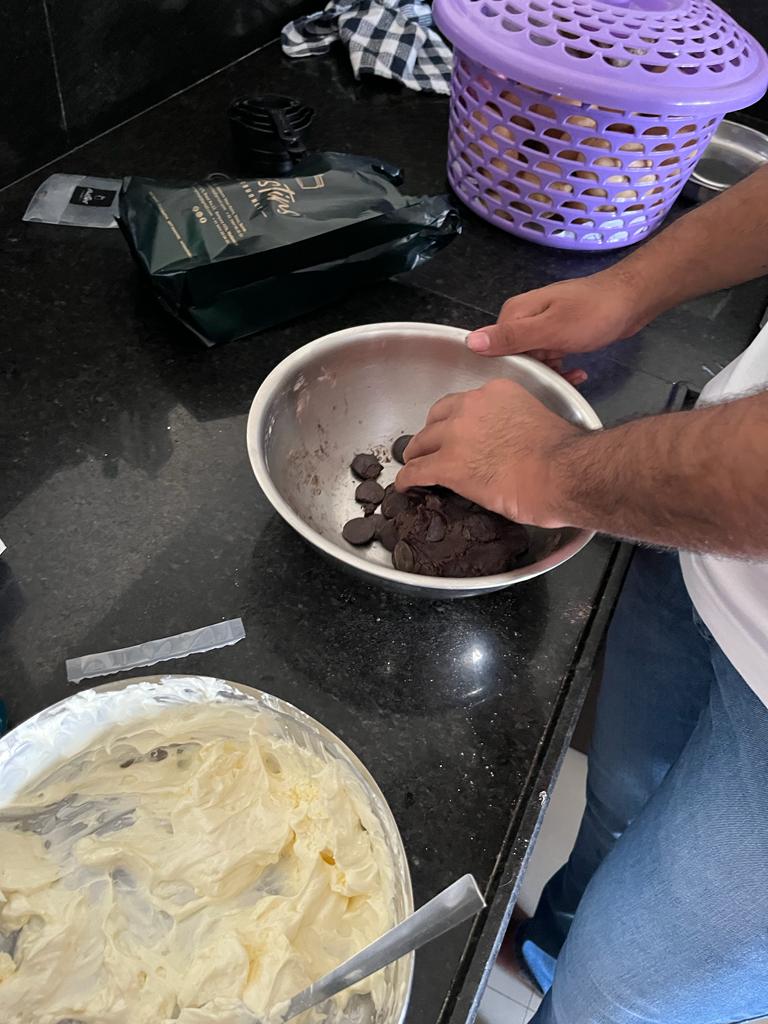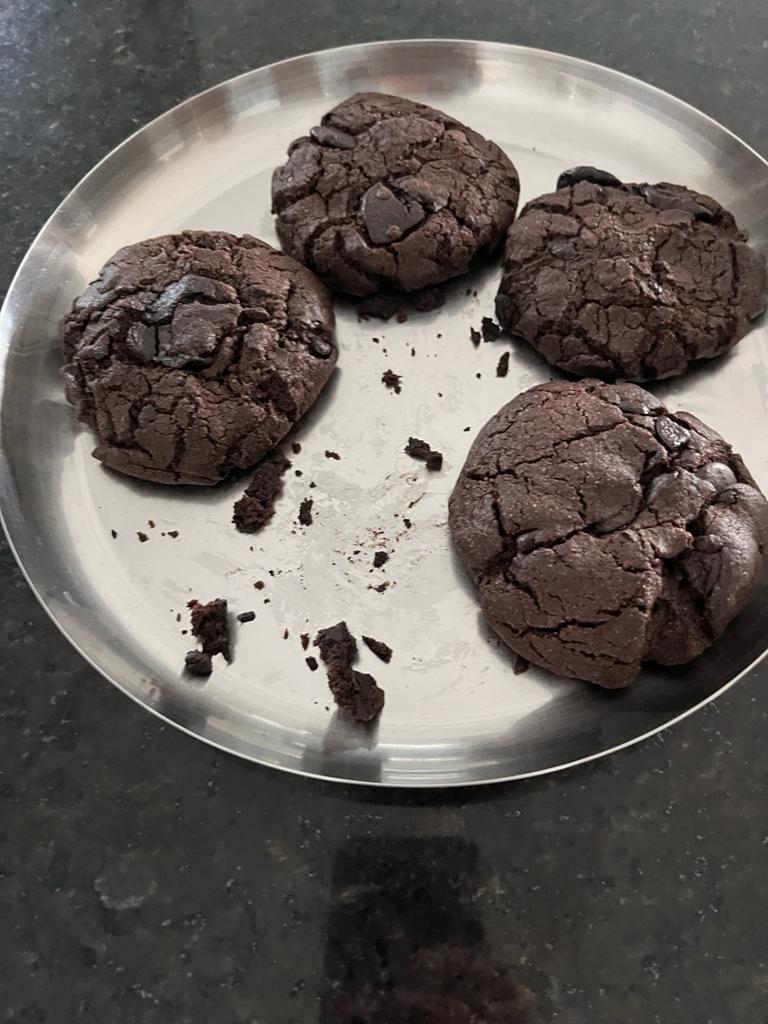Baking is a craft that has captured the hearts of many, blending both art and science with a rich history dating back thousands of years. This versatile and fulfilling pursuit offers countless opportunities for creativity, flavor experimentation, and the joy of sharing delectable treats with loved ones. Oftentimes, a person’s fascination with baking begins during their formative years, whether it be through taking a grade 6 cooking class or watching family members in the kitchen. This interest presents an opportunity to explore new culinary avenues, challenge oneself artistically, and develop a sense of satisfaction from the finished product. Whether you are a professional pastry chef or a home cook, the beauty of baking is that it can be enjoyed by anyone willing to try. So, why not dust off your apron and get started on your next batch of delicious baked goods?
L1: Identify own strengths and develop areas for growth
When I first started baking, I struggled to judge the cake and often ended up with a less-than-perfect result. However, instead of giving up, I persisted and continued practicing. With time and effort, I was able to overcome this challenge and improve my skills I have learned that my strength lies in my determination to keep practicing and my patience to work through challenges. As for areas of growth, I have identified the need to continue to improve my ability to judge the cake and make improvements. Seeking feedback from others and learning more about the different factors that affect the outcome of a cake has been helpful in this regard. Moving forward, I plan to focus on developing new baking skills and broadening my repertoire. By recognizing my strengths and areas for growth, I can continue to grow and achieve my baking goals.
L2: Demonstrate that challenges have been undertaken, developing new skills in the process
In undertaking a baking project, I encountered a challenge when I realized I did not have all the proper equipment needed. However, instead of giving up or postponing the project, I decided to work around the issue and get creative. I began by researching alternative methods for the missing equipment and finding ways to modify the recipe to fit the tools I did have. This process allowed me to develop new skills in improvisation and adapting recipes to different situations. Through trial and error, I was able to successfully bake the dessert despite the initial setback. By taking on this challenge and developing new skills in the process, I gained confidence in my abilities and learned to be more resourceful in the face of unexpected obstacles.
L3: Demonstrate how to initiate and plan a CAS experience
I initiated my plan for a baking CAS experience by first deciding on the dessert I wanted to make. I considered different levels of complexity and decided to start with a basic sponge cake recipe and work my way up to more complex cookie recipes. This allowed me to have a clear idea of what I wanted to achieve. To further my plan, I created a list of all the necessary ingredients and tools needed for each recipe. This was important to ensure that I was fully prepared for my baking experience and could easily follow the recipe without any obstacles. I also set a timeline for each recipe, breaking it down into smaller steps to make it easier to follow Additionally, I reached out to friends, family, and a local community organization to share my baked goods and achieve my goal of service. I also researched and identified local charities or organizations that could benefit from my baking experience.
L5: Demonstrate the skills and recognize the benefits of working collaboratively.
In order to improve my baking skills, I recognized the benefits of working collaboratively and decided to team up with my mom. By doing so, she was able to provide me with guidance and help me understand the basics of baking. Through this collaboration, I developed new skills and gained valuable knowledge that I was able to apply to future baking projects.
L7: Recognize and consider the ethics of choices and actions
I made an ethical choice to exclude eggs from my baking recipe. By doing so, I considered the impact of my actions on animal welfare and the environment. I recognized that using eggs in baking can contribute to issues such as factory farming and greenhouse gas emissions. By making a conscious decision to exclude eggs from my recipe, I was able to align my baking practices with my ethical values and reduce my impact on these issues. This experience has taught me to be mindful of the ethics of my choices and actions in all areas of my life, and to strive to make choices that align with my values and have a positive impact on the world around me.

